<p>Supply chain
management is a complex process involving numerous stakeholders, ranging from
suppliers and manufacturers to distributors and retailers. Transparency and
traceability throughout the supply chain are critical for building trust among
all parties involved and ensuring safe and high-quality products. </p><p>However,
achieving this level of transparency can be difficult, especially in industries
where stakeholders lack trust. Here is where blockchain technology comes into
play. </p><p>In this
article, we will look at how blockchain can assist supply chain management in
transitioning from traceability to transparency. </p><p>What Exactly
Is Blockchain? </p><p>Blockchain is a
decentralized digital ledger that securely and transparently records
transactions. Each block of data in a blockchain is linked to the previous
block, forming a chain of data that is difficult to tamper with or modify.
Because blockchain is decentralized, no single entity has control over the
data, making it a secure and transparent way to record transactions. </p><p>Blockchain's
Role in Supply Chain Management </p><p>Providing
transparency and traceability is one of the most difficult challenges in supply
chain management. This is especially important in industries such as food and
pharmaceuticals, where product safety and quality are critical. </p><p>By providing a
secure and transparent way to record transactions and track products throughout
the supply chain, blockchain technology can assist supply chain management in
moving from traceability to transparency. </p><p>The ability to
track a product from its origin to its final destination is referred to as
traceability in the supply chain. This is accomplished by documenting each step
of the supply chain in a centralized database. </p><p>While
traceability provides valuable information about where a product has been, it
does not always provide information about the conditions under which the
product was manufactured or transported. This is where blockchain technology
can help significantly. </p><p>By recording
not only where a product has been but also the conditions under which it was
produced and transported, blockchain technology can help move supply chain
management from traceability to transparency. </p><p>Blockchain can,
for example, be used to record the temperature and humidity conditions of a
pharmaceutical shipment, providing valuable information about the conditions
under which the product was transported. </p><p>Furthermore, by
allowing stakeholders to access the same information in real-time, blockchain
can help provide greater transparency in the supply chain. This can aid in the
development of trust among stakeholders and reduce the likelihood of fraud or
other unethical practices. </p><p>The
Advantages of Blockchain in Supply Chain Management </p><p>The use of
blockchain technology in supply chain management has several advantages. The
ability to increase transparency and traceability throughout the supply chain
is one of the most significant advantages. </p><p>Blockchain can
help build trust and reduce the likelihood of fraud and other unethical
practices by providing stakeholders with real-time access to information about
the products they are handling. </p><p>Another
advantage of using blockchain in supply chain management is the ability to
improve efficiency while lowering costs. </p><p>Blockchain can
help reduce the time and resources required to track products and ensure
compliance with regulations by automating many of the processes involved in
supply chain management. </p><p>Finally,
blockchain can help improve product safety and quality by providing valuable
information about how they were produced and transported. This can help reduce
the risk of contamination or other safety issues while also ensuring
high-quality products. </p><p>The
Difficulties of Using Blockchain in Supply Chain Management </p><p>While there are
numerous advantages to using blockchain in supply chain management, there are
also several obstacles to overcome. One of the most difficult challenges is the
need for supply chain standardization. </p><p>To be effective,
all stakeholders in the supply chain must use the same platform and adhere to
the same protocols. This can be difficult in industries where stakeholders do
not trust one another. </p><p>Another barrier
to blockchain implementation in supply chain management is the requirement for
data privacy and security. </p><p>While
blockchain provides a secure and transparent method of recording transactions,
it is critical to protect sensitive information. This can be accomplished by
employing encryption and other security measures. </p><p>Finally, the investment requirements for the necessary infrastructure are very high. The reason is that implementing blockchain tech into the value chain includes the creation of new systems
and platforms to support it, as well as the training of personnel to effectively
use these systems. </p><p>What's Missing?</p><p>Blockchain
technology has gained significant attention in recent years due to its
potential to revolutionize various industries, including supply chain
management. However, despite its benefits, there are certain elements which
blockchain technology should focus in order to fully revolutionize supply chain management.</p><p>Real-time
tracking of goods</p><p>Blockchain
technology relies on a consensus mechanism that requires nodes in the network
to validate and verify transactions. While this mechanism ensures the security
and immutability of data on the blockchain, it can result in delays in the
processing and validation of transactions. This delay can make it challenging
to track goods in real-time, especially in fast-moving supply chains where
goods change hands frequently.</p><p>Data privacy</p><p>Blockchain
technology is based on a public ledger, which means that all transactions on
the blockchain are visible to anyone on the network. This feature can be a
significant concern for companies that want to protect their sensitive data
from competitors and other third parties. While some blockchain platforms offer
privacy features, they still may not be sufficient for supply chain management
applications.</p><p>Scalability</p><p>Blockchain
technology is still in its infancy, and it is currently facing significant
scalability issues. As more nodes join the network, the processing time
required to validate transactions increases, which can slow down the entire
network. This issue can be particularly challenging for supply chains that
involve large volumes of transactions.</p><p>Interoperability</p><p>Supply chains
often involve multiple parties and systems, each with its own technology stack
and data format. While blockchain technology can provide a secure and immutable
ledger, it may not be compatible with all existing systems, meaning interoperability is a crucial element going forward.</p><p>Conclusion </p><p>Finally, <a href="https://www.financemagnates.com/cryptocurrency/innovation/how-blockchain-technology-will-strengthen-value-chains-in-2023/" target="_blank" rel="follow">blockchain technology has the potential to revolutionize supply chain
management</a> by providing a secure and transparent method of recording
transactions and tracking products throughout the supply chain. </p><p>By shifting
from traceability to transparency, blockchain can help stakeholders build trust
and ensure that products are safe and of high quality. While implementing
blockchain in supply chain management has its challenges, the benefits are
clear. </p><p>Blockchain has
the potential to transform supply chain management and improve the safety,
quality, and efficiency of products all over the world with the right
investment and support.</p>
This article was written by Finance Magnates Staff at www.financemagnates.com.

You can get bonuses upto $100 FREE BONUS when you:
💰 Install these recommended apps:
💲 SocialGood - 100% Crypto Back on Everyday Shopping
💲 xPortal - The DeFi For The Next Billion
💲 CryptoTab Browser - Lightweight, fast, and ready to mine!
💰 Register on these recommended exchanges:
🟡 Binance🟡 Bitfinex🟡 Bitmart🟡 Bittrex🟡 Bitget
🟡 CoinEx🟡 Crypto.com🟡 Gate.io🟡 Huobi🟡 Kucoin.


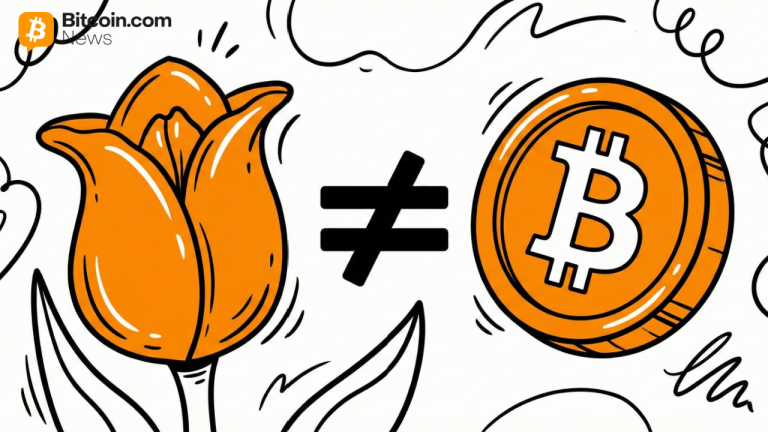


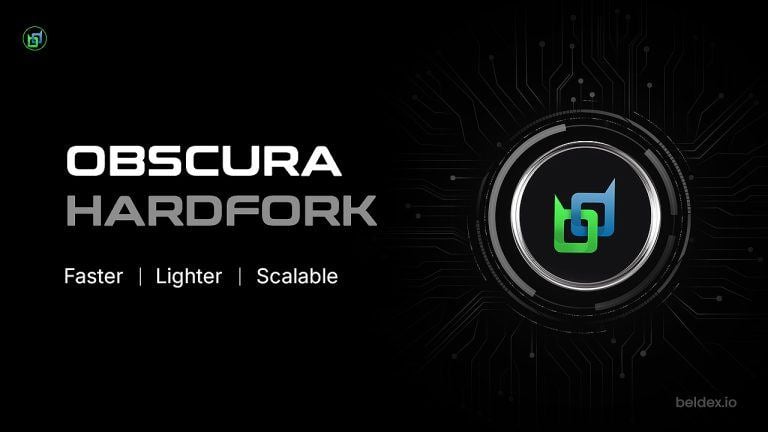
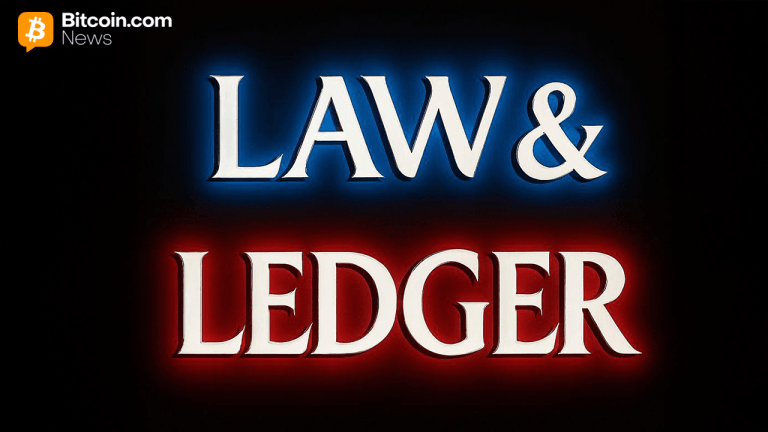







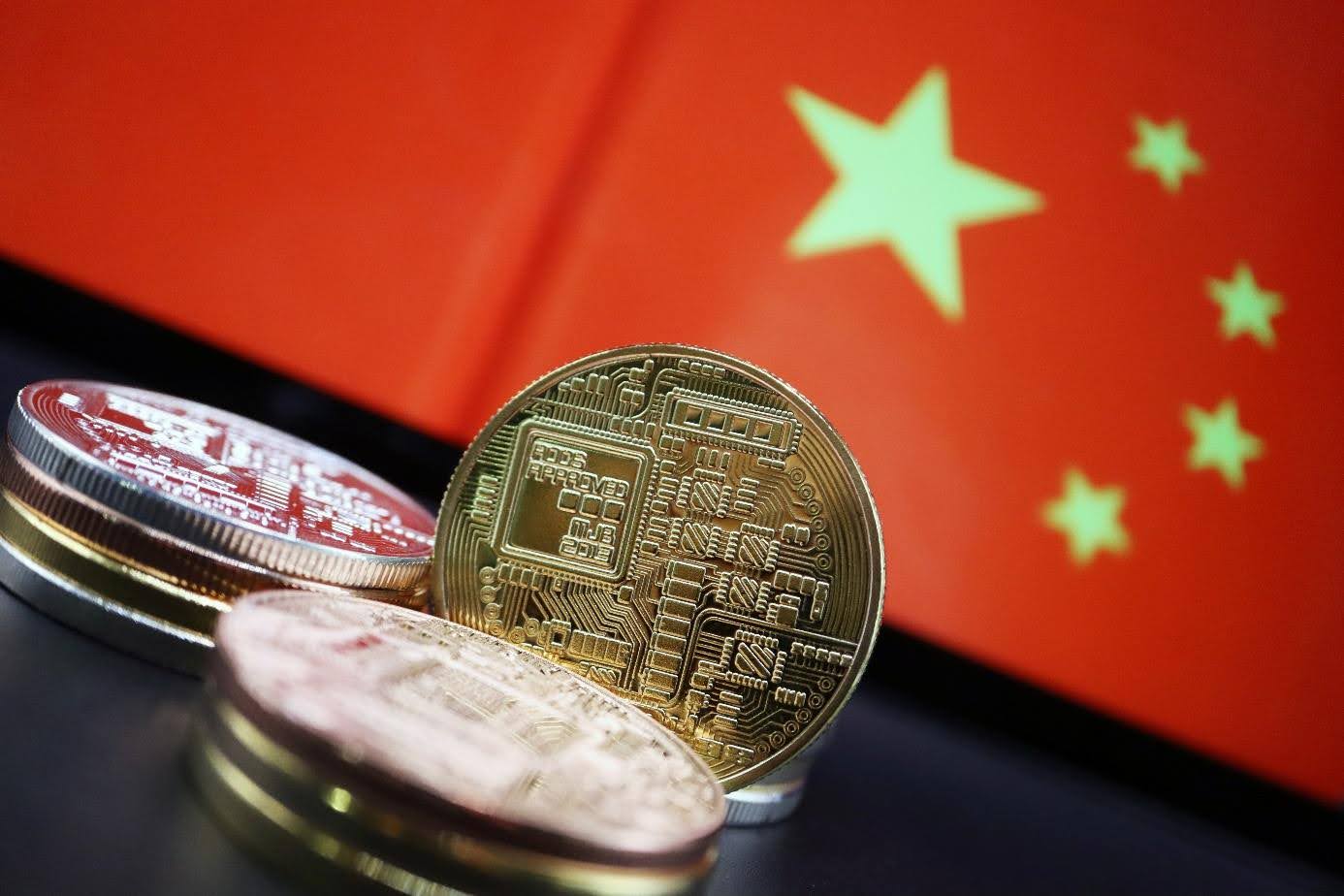
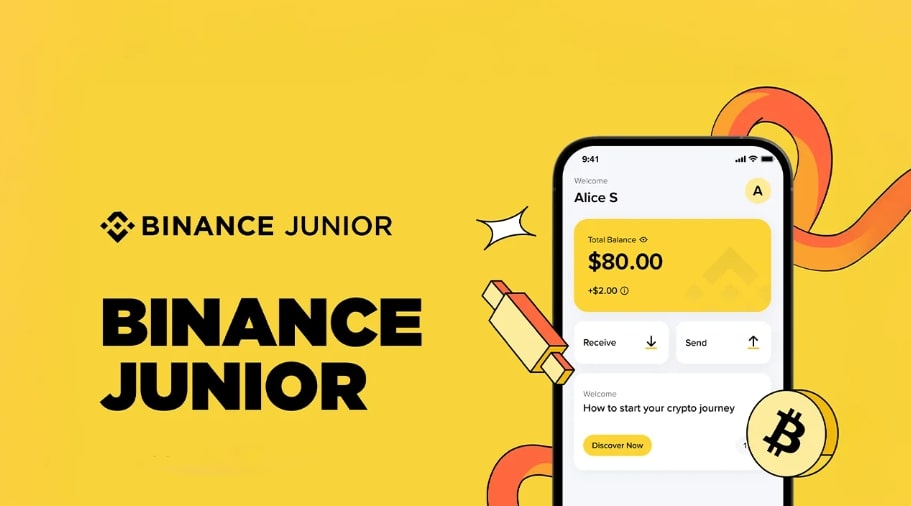



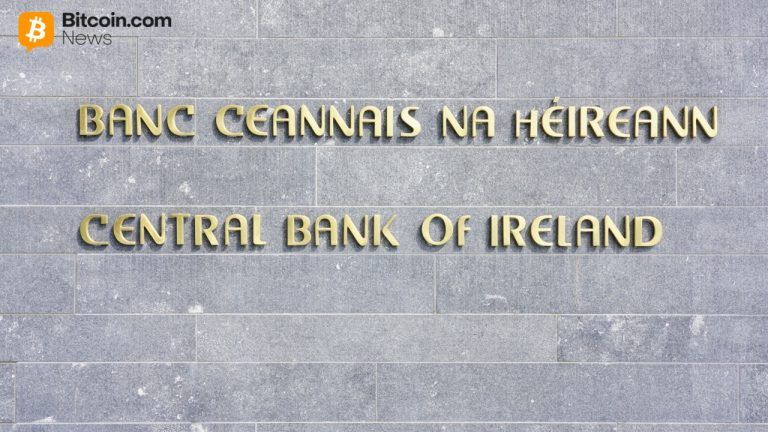
Comments